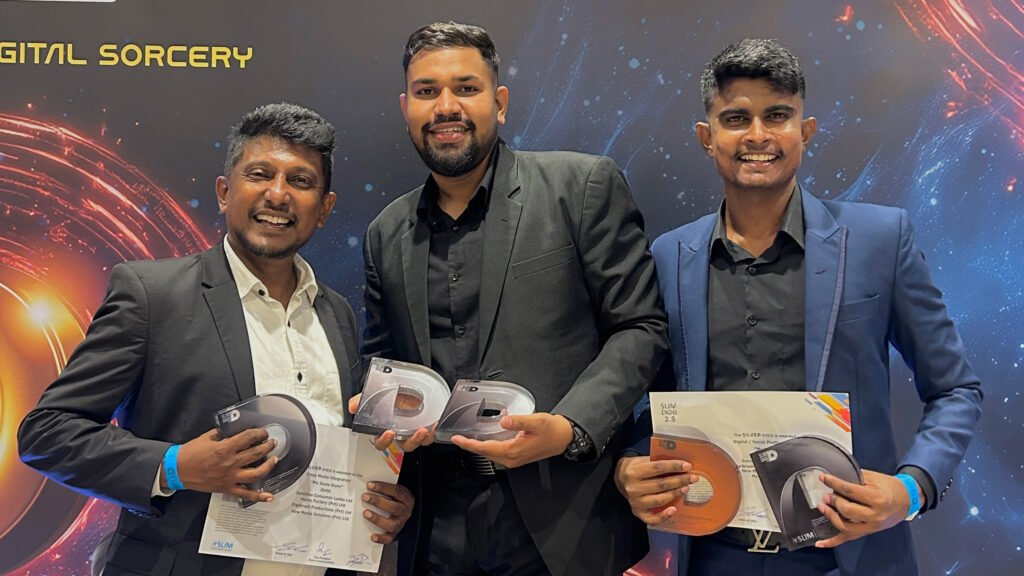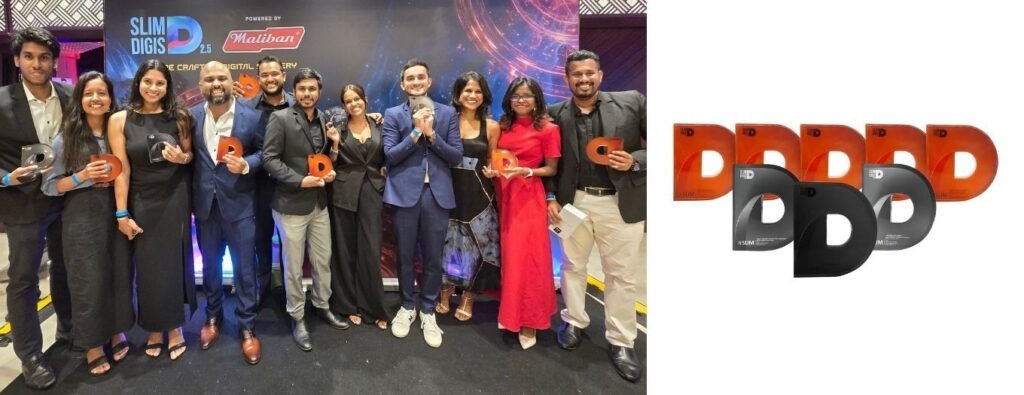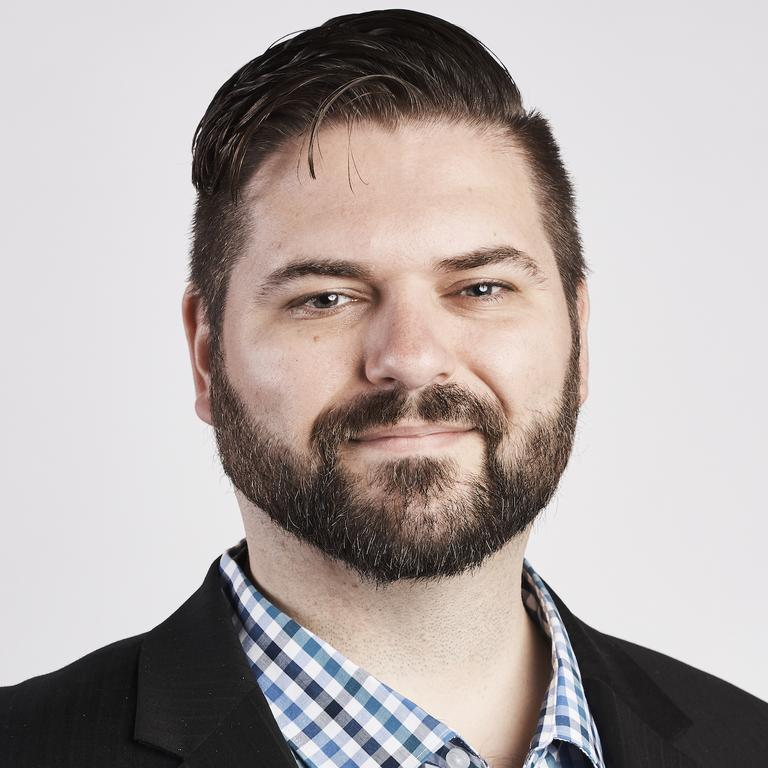Researchers, activists, and community leaders converge in Colombo to confront systemic failures and demand accountability in global health.
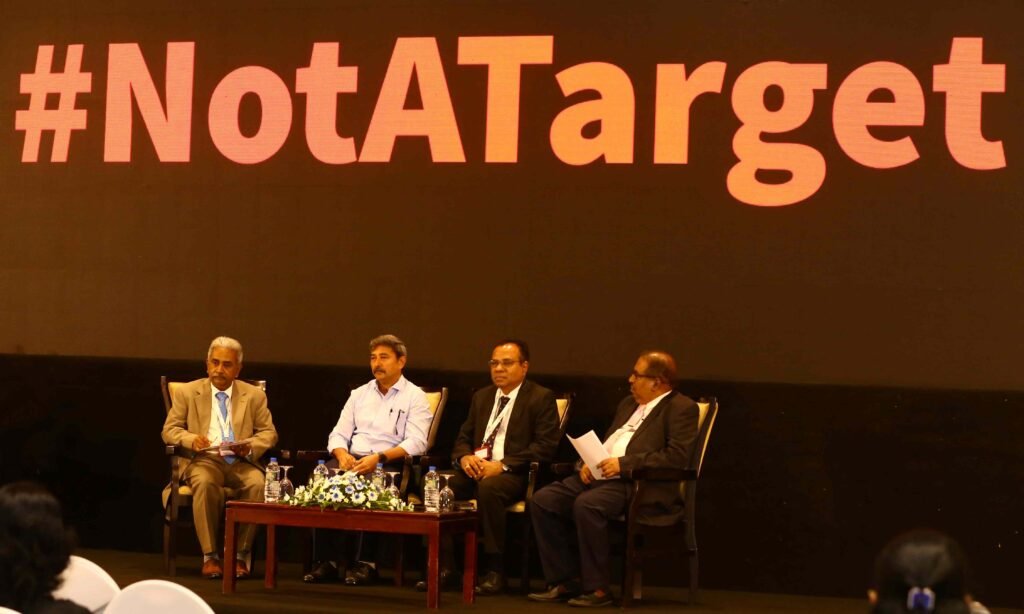
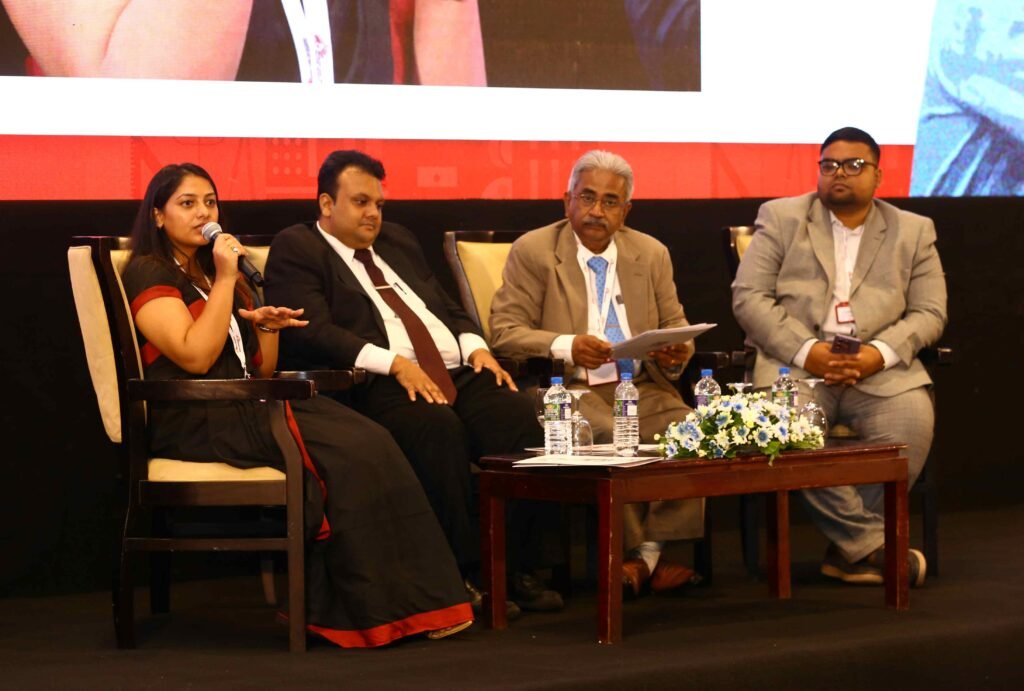
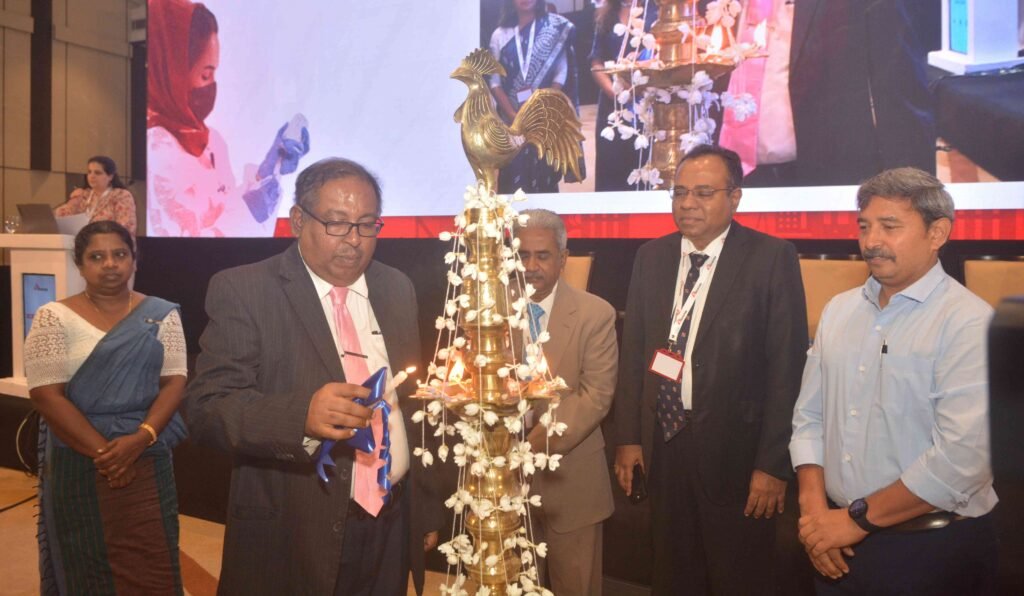
Against the backdrop of emerging global health threats and widening inequities in access to care, the 2025 edition of Médecins Sans Frontières (MSF)/Doctors Without Borders Scientific Days Asia convened in Colombo, Sri Lanka to emphasize the role of communities in shaping humanitarian healthcare. With over 150 participants, including researchers, public health experts, community leaders, and patient advocates—the conference went beyond conventional healthcare models and placed lived experiences at the heart of medical innovation. This year’s edition was hosted in collaboration with the Faculty of Medicine, University of Colombo, and the Sarvodaya Shramadana Movement of Sri Lanka, bringing together academia, grassroots leadership, and humanitarian actors on a common platform.
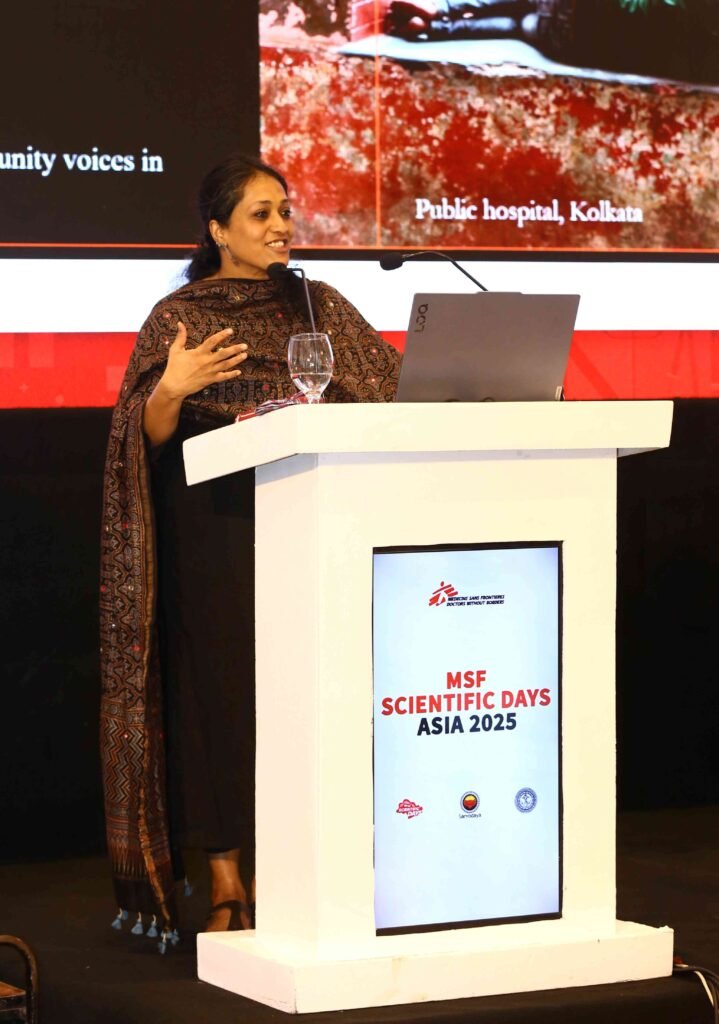
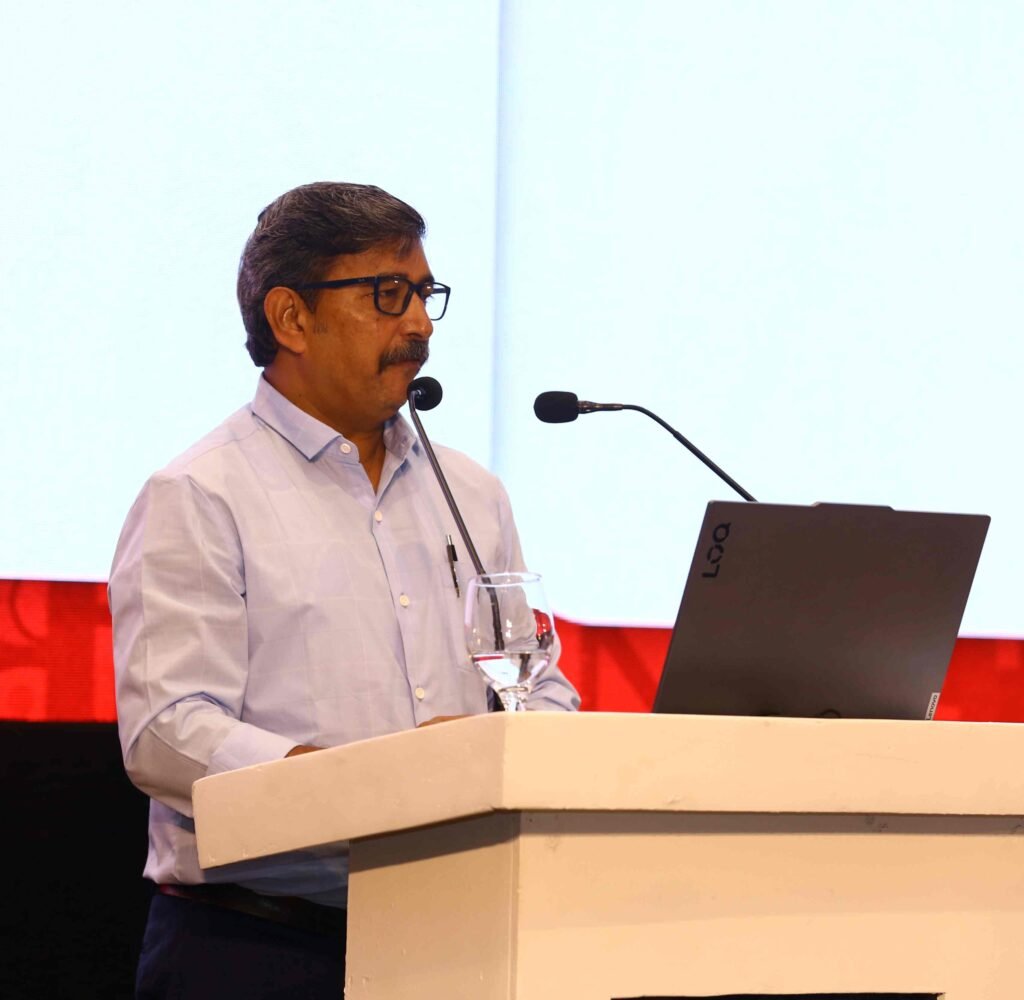
This year’s edition, themed “Co-Creating Health: Listening, Learning, Leading – Community Voices in Healthcare Innovation,” centered on five urgent priorities: Policy-to-Practice Transformation, Research & Innovation, Capacity Building, Championing Community and Patient Networks, and Collaboration and Engagement. Together, these conversations explored how healthcare systems can move beyond top-down approaches to foster solutions rooted in solidarity, resilience, and equity.
The conference opened with a call to action that set the tone for the day. Parthesarathy Rajendran, Executive Director of MSF South Asia, reiterated the need for Scientific Days to go beyond showcasing research. It is, he said, a space for confronting entrenched power dynamics in humanitarian healthcare. Communities, patients, and survivors, he stressed, are not beneficiaries to be spoken for, but equal partners who carry living knowledge essential for solutions.
“For too long, decisions about health in crisis settings have been shaped by privilege to a certain institution, while those most affected remain sidelined. This must change,” he declared. “Our commitment is not just to deliver care but to amplify voice, bring agency, and ensure accountability. Scientific Days is providing an agency to amplify-challenge power in terms of dismantling hierarchies, confronting injustices, and ensuring that those who bear the brunt of crises lead the way in shaping responses. Listening, learning, and leading alongside communities is not charity—it is justice.”
Academia’s role in bridging research and action was brought into sharp focus by Prof. Vajira Dissanayake, Dean of the Faculty of Medicine at the University of Colombo. He urged that the insights generated at Scientific Days must not remain confined to academic circles.
“Knowledge is not meant to sit in journals or conference halls,” he said. “It must travel into policy, into practice, into the systems that touch people’s lives—particularly those on the margins. Research without translation is a missed opportunity for justice.”
From the community perspective, Dr. Vinya Ariyaratne, President of the Sarvodaya Shramadana Movement Sri Lanka, reminded participants that resilience in healthcare begins at the grassroots. He pointed to the conference as an essential space where voices often excluded from decision-making are brought to the table.
“Healthcare will never be sustainable without community leadership,” he stressed. “This platform’s strength lies in its convergence—where grassroots realities meet academic evidence and policy frameworks. Only through such collective ownership can we build systems that are both equitable and resilient.”
The keynote brought a critical lens to the global landscape. Prof. Devi Vijay of the Indian Institute of Management Calcutta highlighted the moral contradictions within humanitarian and health systems, where systemic neglect has become normalized.
“Across the world, our political and economic systems have created a generalized state of social, economic, ecological disposability, and zones of abandonment are proliferating. How may we retrieve care from its corporatized, depoliticized format today, and construct care as a more radical act? How may we reclaim care commons, built on solidarities across differences, internationalisms, sans frontieres? People on the ground, at the frontlines, have constructed concrete alternatives – care cooperatives, commons, community economies flourish in abundance across the world. Are we listening and learning?”
Across four sessions, diverse voices illuminated the complexities of healthcare in fragile settings. From the struggles of frontline health workers in rural Sri Lankan hospitals to gendered vulnerabilities of ASHA workers in India, from adolescent-centered healthcare models in Zimbabwe to TB survivor advocacy in Mumbai, participants highlighted the urgency of rethinking healthcare delivery. Research showcased innovative approaches such as medical clowning in Indian hospitals, palliative care in refugee contexts, and mobile Surgi pods for humanitarian settings, each reinforcing the value of contextualized, human-centered care.
A defining feature of this year’s event was the Exhibition Component, where selected qualitative research abstracts were transformed into visual narratives, multimedia installations, and photovoice exhibits. These immersive presentations humanized research by linking research data to patient and community realities. One installation, for example, showcased a sterile operating theatre setup designed for resource-limited and crisis settings, illustrating how innovation can emerge from necessity. “Alongside this, testimonies from survivors, caregivers, and health workers offered participants a deeply personal lens on resilience and adaptation—reminding audiences that behind every data set are lived experiences of struggle, survival, and hope”, says Dr. Sevantee Ghosh, Lead of the MSF Sci Days Editorial Committee and Strategic Medical Lead for MSF South Asia.
Concluding the event, Prof. Tharanga Thoradeniya, Faculty of Medicine, University of Colombo, and Ghada Khemissi, Director of Programmes, MSF South Asia, reaffirmed the transformative potential of community-led healthcare. “The strength of Scientific Days lies in its ability to break silos—between academia and activism, between data and lived reality. By co-creating health solutions with communities, we move closer to systems that are not only innovative but truly inclusive,” said Ms. Khemissi.
MSF Scientific Days Asia 2025 reasserted its role as a critical platform for dialogue, resistance, and collaboration. At a time when global health is marked by uncertainty and inequity, the conference reaffirmed that sustainable progress depends on amplifying patient voices, fostering solidarity, and re-centering healthcare as a universal right rather than a privilege.


